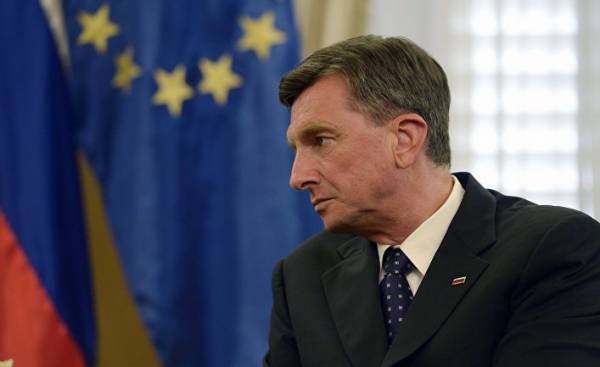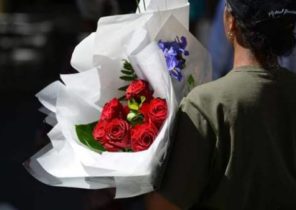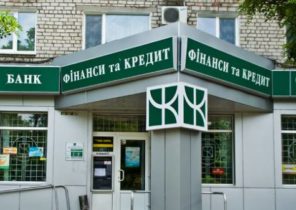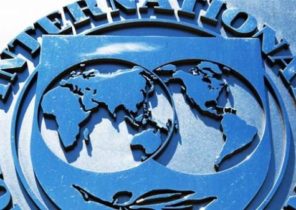
At a time when the idea of a United Europe has lost its attractiveness, Borut Pahor (Borut Pahor) believes that the EU should pursue a more aggressive foreign policy and more decisively to influence the situation in the Balkans. Otherwise, according to the President of Slovenia (the same idea was expressed in an interview with the Financial Times, European Commission President Jean-Claude Juncker), this region might fall back on two decades in the past, that is, during the war years.
“I always tell my colleagues in Brussels that it is necessary to attach great importance to what is happening in the Balkans to go ahead and solve the problems. Otherwise, there is danger to come back in 90 years. And you probably remember how it was those years,” said Pahor during a conversation in Madrid.
The President of Slovenia — a tall, lean, tan is convinced that the European impulse has key importance for the implementation of democratic reforms needed nearby countries promoting the rule of law and the fight against corruption. Without the support of those he calls colleagues to solve this problem would be very difficult.
This space can move under the influence of Moscow, all the more clearly felt in the region. “And it will be bad for the future of the Balkans,” he adds, although he admits the recent defeat of Vladimir Putin in connection with the accession of Montenegro to NATO, formalized on 5 June. Russia is trying to ensure that Montenegro remained a neutral country. But to no avail. Montenegrins even said the attempt of the Russian-Serbian plot to murder their Prime Minister.
Pahor suddenly utters the phrase mistakenly attributed to Winston Churchill, but which never ceases to be amazing mark, whoever was its author: “the Balkans produce more history than they are able to digest”.
Slovenia gained access to the sea through Croatia
The arbitration court of the Hague last week supported Slovenia in its dispute with neighboring Croatia over sea borders. The disputed territory was in the coming months to move to Ljubljana, Zagreb but said he did not agree with the court decision.
“I have great respect for international law and encourage other governments to abide by the decision of international courts,” said Pahor in connection with the territorial dispute.
Bay of Piran — the main disputed territory, because this region belonged to the former Yugoslavia.
As a result of the wars of the 90-s years of the Federal Republic of Yugoslavia broke up, Slovenia was the first Republic, which came from its composition — and then began the process of formation of new States, and some were fragmented and frustrated, as, for example, Bosnia and Herzegovina and its two almost independent from each other subject. Added to this are other lingering problems, in particular the situation in Kosovo. The ruling circles resort to mutual threats and use the warlike tone in the spirit of the worst times of the past. This gives reason to believe that the situation in the region extremely unstable, and it only takes one spark to blow it up and go back into the past.
Pahor has consistently advocated that countries negotiating accession to the European Union — Serbia and Montenegro — became parts of a United Europe (Slovenia, which has a population of two million people, joined the EU in 2004). “Population of all our countries amounts to 20 million people. Europe is able to accept all”.
Speaking about Slovenia, the independence of the United society, because in front of him stood a common goal. But once it was achieved, the contradictions between the right and left began to grow. How to look to the past after 50 years of absence of democracy and when such inherited animosity? Pahor, who was Prime Minister from 2008 to 2012, when he ran for President — a social Democrat. In his country he is considered a man striving for national reconciliation:
“We have to go together. Now that is what I love Spain and personally Adolfo Soares (Adolfo Suárez). You did it, it is a stunning success. God forbid that we, too, happened.”







